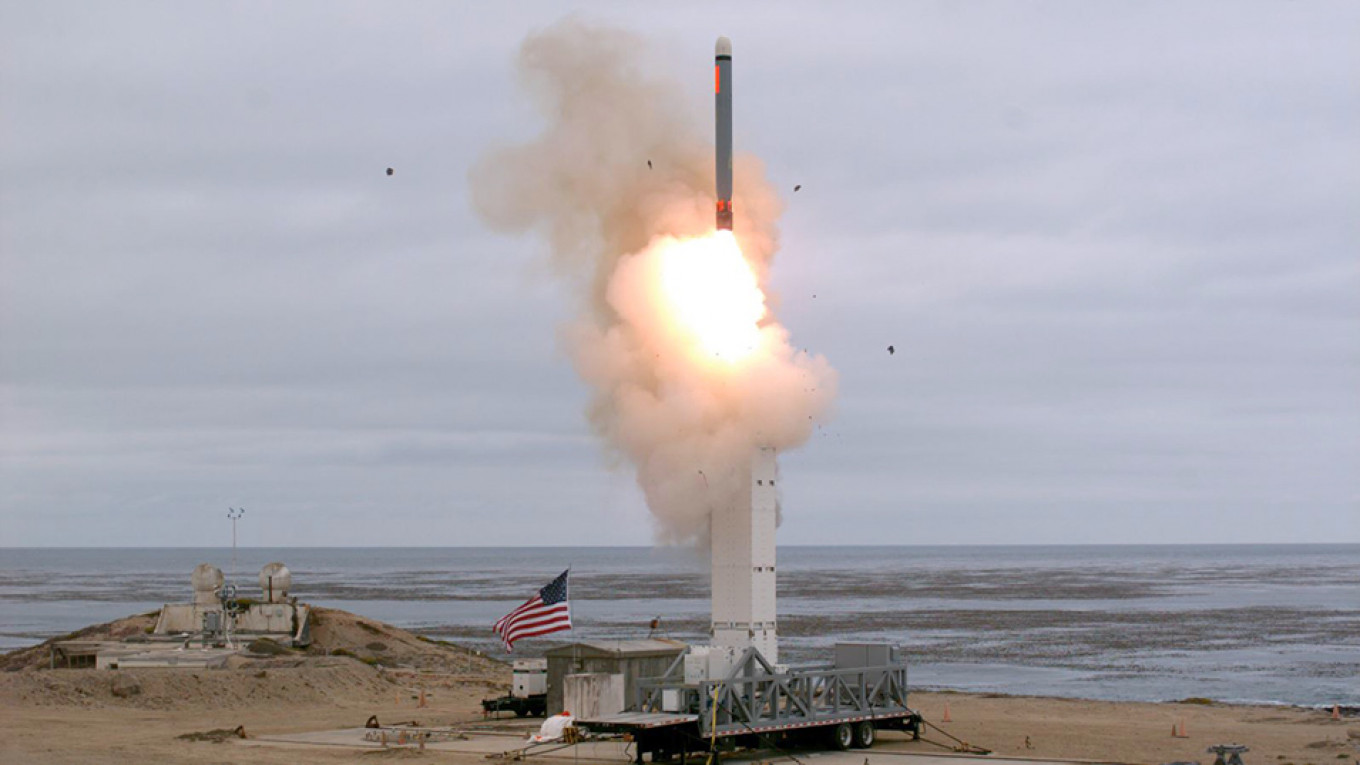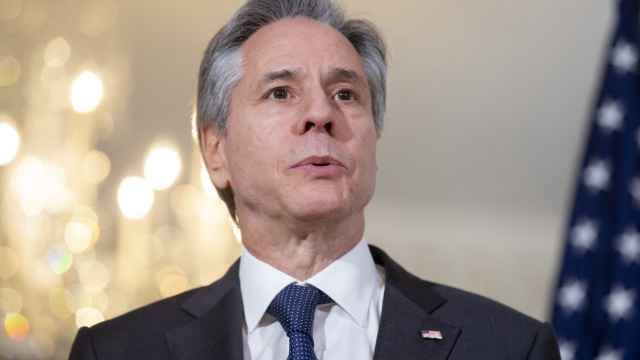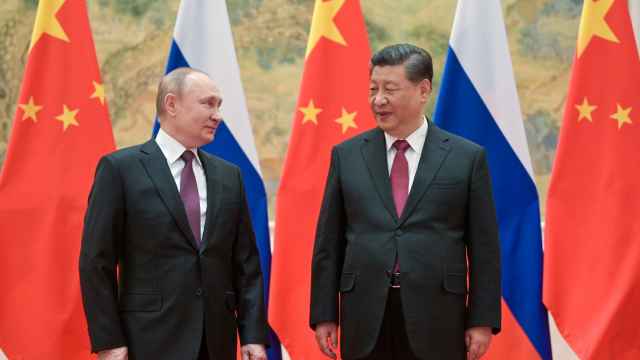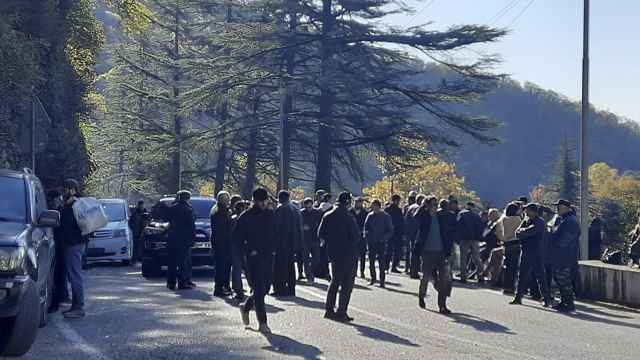Russia and China have asked the United Nations Security Council to meet on Thursday over "statements by U.S. officials on their plans to develop and deploy medium-range missiles," according to the request seen by Reuters.
Moscow and Beijing want to convene the 15-member council under the agenda item "threats to international peace and security" and have requested that U.N. disarmament affairs chief Izumi Nakamitsu brief the body.
The Pentagon said on Monday it had tested a conventionally configured cruise missile that hit its target after more than 500 kilometers of flight, the first such test since the United States pulled out Cold War-era Intermediate-Range Nuclear Forces Treaty (INF).
U.S. Defense Secretary Mark Esper was asked in a Fox News Channel interview on Wednesday whether the test was aimed at sending a message to China, Russia or North Korea and indicated that the main concern was China.
"We want to make sure that we, as we need to, have the capability to deter Chinese bad behavior by having our own capability to be able to strike at intermediate ranges," he said.
Esper said on a visit to Australia this month he was in favor of placing ground-launched, intermediate-range missiles in Asia relatively soon.
Esper was also asked about a rocket test accident in Russia this month which U.S. officials believe was associated with the Kremlin's hypersonic cruise missile program.
“Clearly they are trying to expand their strategic nuclear arsenal to deal with the United States," he said, adding that all such new weapons would have to be included in any future strategic arms reduction treaty.
"Right now Russia has possibly nuclear-tipped ... INF-range cruise missiles facing toward Europe, and that's not a good thing,” he said.
Russian President Vladimir Putin said on Wednesday the United States was in a position to deploy a new land-based cruise missile in Romania and Poland, a scenario he considered a threat that Moscow would need to respond to.
The United States has said it has no imminent plans to deploy new land-based missiles in Europe.
This week's U.S. test would have been banned under the INF, which prohibited land-based missiles with a range of between 310 and 3,400 miles, reducing the ability of the United States and Russia to launch a nuclear strike at short notice. China was not a party to the INF treaty and has a large arsenal of land-based intermediate-range missiles.
Washington formally withdrew from the landmark 1987 pact with Russia on Aug. 2 after determining that Moscow was violating the treaty, an accusation the Kremlin has denied.
Chinese Foreign Ministry spokesman Geng Shuang said on Tuesday that the U.S. test showed the United States was stoking a new arms race and confrontation, which would have a serious negative impact on regional and global security.
A North Korean spokesman said on Thursday the U.S. test and plans to deploy F-35 jets and offensive military equipment around the Korean peninsula were "dangerous" moves that would "trigger a new Cold War" in the region.
Asked whether he thought it was appropriate for Washington to continue to seek negotiations with Pyongyang after its repeated recent tests of short-range missiles, Esper said the biggest U.S. concern was about North Korea's long-range missiles, tests of which it has frozen since 2017.
"I think you need to take a look at the bigger picture," he said when asked if recent U.S. statements playing down the short-range tests amounted to giving North Korea permission to conduct them.
A Message from The Moscow Times:
Dear readers,
We are facing unprecedented challenges. Russia's Prosecutor General's Office has designated The Moscow Times as an "undesirable" organization, criminalizing our work and putting our staff at risk of prosecution. This follows our earlier unjust labeling as a "foreign agent."
These actions are direct attempts to silence independent journalism in Russia. The authorities claim our work "discredits the decisions of the Russian leadership." We see things differently: we strive to provide accurate, unbiased reporting on Russia.
We, the journalists of The Moscow Times, refuse to be silenced. But to continue our work, we need your help.
Your support, no matter how small, makes a world of difference. If you can, please support us monthly starting from just $2. It's quick to set up, and every contribution makes a significant impact.
By supporting The Moscow Times, you're defending open, independent journalism in the face of repression. Thank you for standing with us.
Remind me later.






